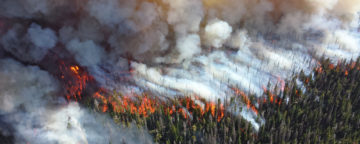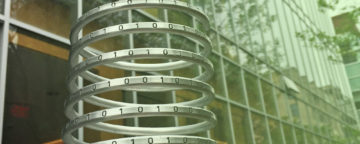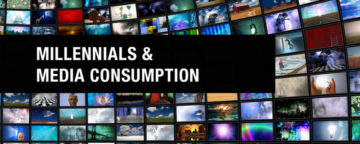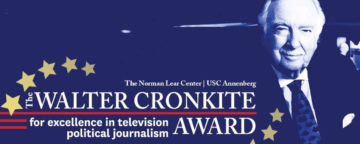A study of adults based on a two-wave survey finds an association between seeing images of self-harm on Instagram and subsequent self-harm. Most who say they've seen the images report being disturbed by them.


A study of adults based on a two-wave survey finds an association between seeing images of self-harm on Instagram and subsequent self-harm. Most who say they've seen the images report being disturbed by them.

In a new study, APPC researchers found that the percentage of Americans who believe in human-cause climate change depends on what is asked and how.

The news literacy game NewsFeed Defenders, developed by APPC and iCivics, has been named a finalist in Fast Company's 2019 World Changing Ideas Awards.

Given the series’ popularity and its potentially harmful effects, researchers at APPC and three other institutions conducted a study to more fully understand the effects of the show through a survey of U.S. young adults, ages 18 to 29, before and after the May 2018 release of its second season.

For the sixth straight year, FactCheck.org won the Webby Award as the best news and politics site from the International Academy of Digital Arts and Sciences.

The NSF awarded $3 million to station KQED to study the engagement of millennials with science news. The project is connected with several APPC-affiliated scholars.

KUSA 9News won the 2019 Brooks Jackson Prize for Fact-Checking Political Messages, one of the Walter Cronkite Awards announced by USC's Norman Lear Center and APPC.

A new policy review of research on teen risk-taking finds that despite stereotypes to the contrary, the evidence does not support the notion of the out-of-control teenage brain.

The Transatlantic High Level Working Group on Content Moderation Online and Freedom of Expression held its inaugural meeting at Ditchley Park, the historic U.K. estate.

Concerned over the state of political discourse, scholars who teach public speaking and composition met at APPC to consider how to restore respect for rhetorical norms.